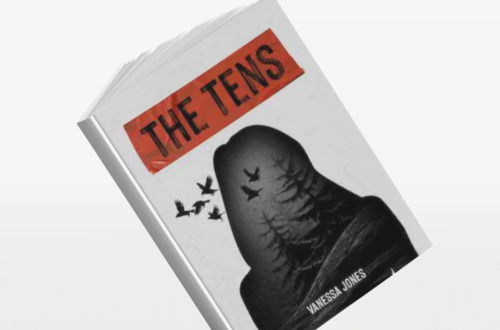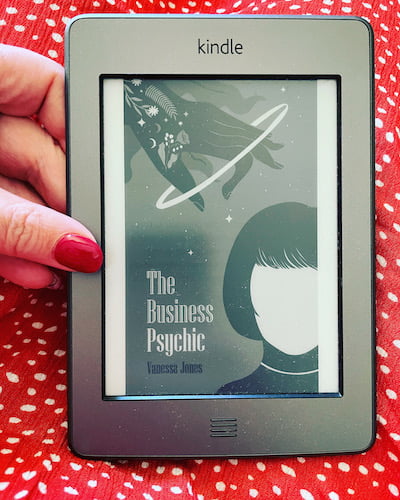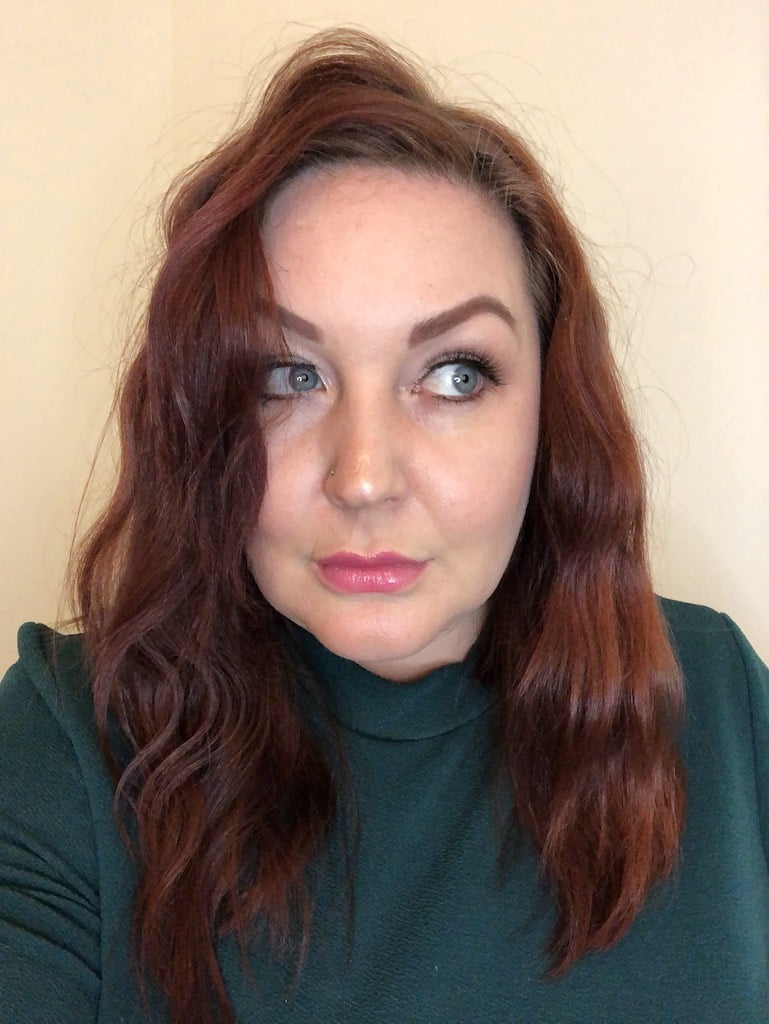What Does it Mean to be Uniquely Creative?
Being uniquely creative means having original and individualistic ideas, thoughts, and approaches to tasks, problems, or situations. It is the ability to think outside the box, generate new and innovative solutions, and bring a personal touch to the things one creates. Uniqueness in creativity refers to the idea that no one else has thought of or produced something precisely the same way. But it’s also a way to live your life, not just earn a living from your creativity.
‘75% of people think they are not living up to their creative potential.’ And that stat just makes me sad. Especially in a time where creativity is not just encouraged but necessary for almost any job and personal satisfaction.
‘The creative person is willing to live with ambiguity. He doesn’t need problems solved immediately and can afford to wait for the right ideas,’ Abe Tannenbaum.
Creativity is often associated with the ability to generate new ideas and concepts, whether in the arts, sciences, or other fields. When someone is considered “uniquely creative, ” they bring their own individual style, perspectives, and approach to the creative process. This sets them apart from others and results in distinct and original works.

Being uniquely creative often involves taking risks, embracing unusual or unconventional ideas, and not being afraid to challenge established norms and conventions. It requires a willingness to experiment, try new things and approach problems and situations in innovative ways.
It is important to note that creativity is a dynamic and evolving process, and being uniquely creative often requires continuous learning, growth, and self-expression. With these qualities, a person can develop a personal and recognisable style, becoming known for their unique perspective and approach to their work.
How can you be uniquely creative?
There is no single formula for being uniquely creative, but here are some tips that can help you develop and refine your creative abilities:
- Embrace experimentation: Be open to trying new things and taking risks in your creative work. This can help you develop new perspectives and techniques and discover what works best.
- Cultivate a growth mindset: Believe that your creative abilities can grow and develop over time with effort and practice. This can help you overcome obstacles and pursue new ideas.
- Seek inspiration: Look for inspiration in various sources, such as art, nature, other cultures, and even everyday life. This can help you find new ideas and spark your creativity.
- Develop your own voice: Pay attention to your unique thoughts, experiences, and perspectives, and try to incorporate these into your work. This can help you create work that is truly unique to you.
- Surround yourself with creative people: Seek out other creative individuals and engage in creative collaborations. This can help you learn from others, receive constructive feedback, and be inspired by new ideas.
- Take time for reflection: Regularly reflect on your creative work, thinking about what worked well, what didn’t, and what you can improve. This can help you refine your approach and develop your unique style over time.
- Let it be organic: Being uniquely creative is a journey, not a destination. By continually experimenting, seeking inspiration, and developing your own voice, you can become known for your unique and original approach to creativity.
What are examples of creative risks?
Taking, or at least being willing to take, creative risks is the biggest player in being uniquely creative. Creative risks refer to actions or decisions in the creative process that involve a degree of uncertainty or potential failure. Taking creative risks is a vital part of the creative process and can lead to breakthroughs and new discoveries.
Here are a few examples:
- Trying a new medium or technique: Experimenting with a new form of artistic expression, such as painting with unconventional materials or using new software for digital art, can be a creative risk. For example, if you’re usually someone who usually has a particular process in your work or creative project, why not reverse the process and see the outcomes?
- Venturing into uncharted territory: Attempting to tackle a new subject matter or genre, or exploring new themes or ideas in your work, can be a creative risk. I did that with my book, The Business Psychic. I usually write super dark fiction (or marketing books), but I was so compelled by the story forming in my head that I wanted to take the creative risk and write it, even though it was veering away from my ideal brand as a thriller writer. I’m so glad I did.
- Breaking with tradition: Stepping outside the norms and conventions of your field, whether in terms of style, technique, or subject matter, can be a creative risk.
- Pursuing unconventional ideas: Deciding to pursue a quirky or unconventional approach to a project, even if it goes against conventional wisdom, can be a creative risk.
- Collaborating with others: Working with other creative individuals, whether in the same field or from different backgrounds, can be a creative risk as it requires you to open yourself up to new ideas and ways of working. Pairing up with someone in a different discipline is also worth exploring. Eg, if you’re a designer, you team up with a writer for your next project.
How can you take more creative risks?
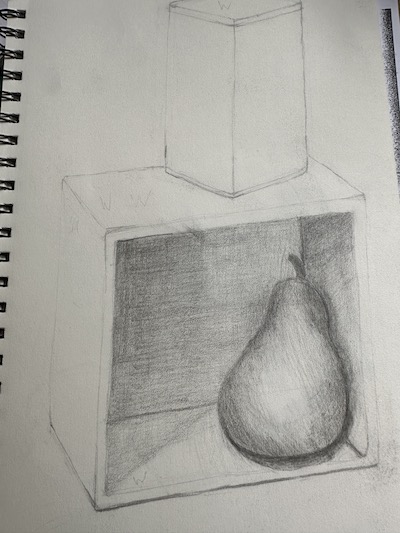
Taking creative risks can be challenging, but it is an essential part of the creative process. It requires courage, a willingness to experiment, and a growth mindset.
Last year, I started taking art classes because even though it’s not my natural creative outlet (being such a writer!) I wanted to foster my creativity and keep that part of me engaged. I find that with the consistent art classes, not only am I around people that value creativity and art a lot more (which gives our silly minds the permission it needs to do more of these activities) but I’m starting to look at things differently. Plus, it really jolts me out of my comfort zone.
Here are some tips for taking more creative risks:
- Embrace failure: Accept that failure is a natural part of the creative process and view it as an opportunity for growth and learning.
- Be open to new experiences: Seek out new experiences and try new things, even if they are outside of your comfort zone.
- Experiment with your work: Take time to try new techniques, materials, or styles in your creative work, even if the outcome is uncertain.
- Collaborate with others: Collaborating with other creative individuals can help you expand your perspectives and gain new insights into your work.
- Surround yourself with a supportive community: Surround yourself with people who support and encourage your creative efforts and who are open to new ideas and approaches.
- Take calculated risks: Identify a particular creative decision’s potential risks and benefits, and weigh the costs and benefits before moving forward.
- Set achievable goals: Start by taking small creative risks and gradually increasing the level of risk as you become more comfortable and confident in your abilities.
What are the benefits of being uniquely creative?
Being uniquely creative has many benefits, both personal and professional. Here are a few:
Personal fulfilment
Making work uniquely your own can bring a sense of personal satisfaction and fulfilment, as you can express your thoughts, feelings, and ideas in a creative and meaningful way. This can also help you develop a sense of purpose and meaning as your creative work becomes an extension of who you are.
Increased confidence
Developing and expressing your own unique style and perspective can help you build confidence and self-esteem as you become more comfortable and proud of the work you produce. This increased confidence can then carry over into other areas of your life, helping you tackle new challenges with greater ease and assurance. Getting those wins in your work or projects, even if small, can flow on to affect your personal and professional relationships and even your mental health and well-being.
The American Journal of Public Health states that ‘creative engagement can decrease anxiety, stress, and mood disturbances.’
Career advancement
Being known for your unique and original approach to creativity can help you advance your career and increase opportunities for recognition and success. Employers and clients are often looking for individuals who bring a fresh perspective and unique ideas to the table, and being known for your amazing creativity can set you apart from others and open up new doors for career advancement. ‘…a survey of CEOs… said, what is the skill you most value in your people, and they said their creativity, their ability to solve problems, come up with new solutions, use their brainpower to figure things out.’
‘94% of hiring managers say it is important to consider creativity when hiring a job candidate,’ Adobe.
Innovation
Unique creativity often leads to new ideas, products, and solutions, driving innovation and progress in a variety of fields. By thinking outside the box and pursuing unique perspectives, you can come up with new and innovative solutions to problems others have not considered.
Differentiation
Being creatively unique can help you stand out in a crowded field, making your work more recognisable and memorable. By developing a personal and distinctive style, you can differentiate yourself from others and establish a strong brand that sets you apart and helps you stand out in your field.
Engagement and inspiration
Creatively unique work can engage and inspire others, generating new ideas and furthering creative progress. By sharing your unique perspective and ideas with others, you can contribute to the creative conversation and inspire others to pursue their own creative interests and passions.
Personal growth
Pursuing unique creativity requires continuous learning, self-reflection, and experimentation. By pushing yourself out of your comfort zone and experimenting with new techniques and styles, you can develop new skills, gain new insights, and grow both personally and creatively.
Three things you can do this week to become more uniquely creative?
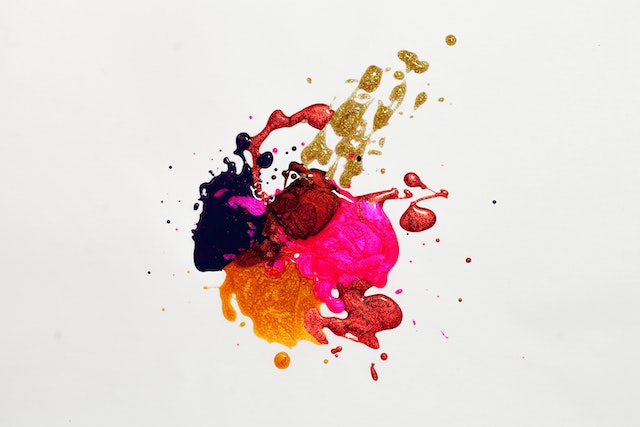
Because I’m all about practical solutions and activities you can do in your life, here are three things you can do this week to become more uniquely creative:
Experiment with new materials and techniques.
Try working with new materials or experimenting with new techniques in your creative work, even if the outcome is uncertain. This can help you expand your creative skills and broaden your perspective, leading to new and unique ideas.
For example:
· A painter might try working with a new medium, such as watercolours, after primarily working with acrylics.
· A sculptor might experiment using found objects rather than traditional sculpting materials in their work.
· A photographer might try shooting with a new lens or playing with prolonged exposure to capture light in a new and unique way.
This isn’t limited to artists. You might like to try a new software or time-saving tool at work or use a pencil instead of tapping away on your laptop for certain tasks. If only as an experiment to see what happens.
Collaborate with others
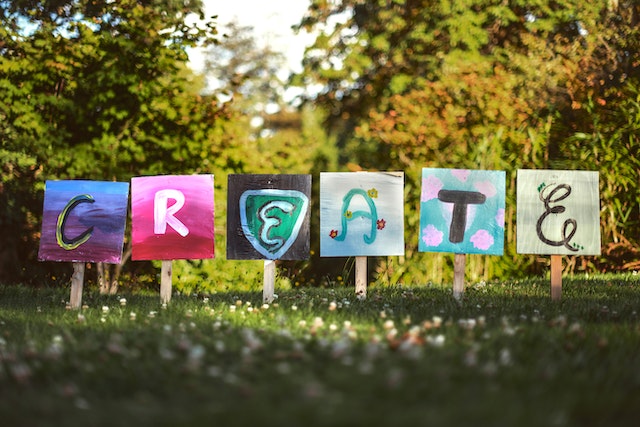
Seek creative individuals and collaborate with them on a project, or attend a workshop or class to gain new insights and perspectives. Collaboration can help you see your work in a new light and learn from others, leading to new and unique approaches to creativity.
For example:
· A graphic designer might team up with a writer to create a visual storybook.
· A musician might collaborate with a dancer to create a performance piece that combines music and movement.
· A filmmaker might work with a theatre group to create a multimedia performance that combines live action and video.
· Go broad: an accountant might work alongside a content creator!
Dedicate time to self-reflection
Take time to reflect on your creative process and identify areas for growth and improvement. Ask yourself questions such as “What inspires me?” and “What sets my work apart from others?” This self-reflection can help you better understand your unique strengths and perspectives, leading to more unique and creative work.
For example:
· A writer might keep a journal to reflect on their creative process and identify areas for growth and improvement.
· Discuss with a trusted friend, coach or colleague and answer the above questions.
· Talk to your therapist about the importance of being uniquely creative in your life and ask them to help you expand and self-reflect in this area.
I am all about the creative life and infusing my work with creativity. So I support those who want to continually develop their sense of creativity in life.
The more you take responsibility for being more creative, even if it’s dedicating five minutes a week, the more reward you’ll notice. You’ll find the more you lean into your own natural creativity by following your intuition and desire to try stuff, the easier it will come.

